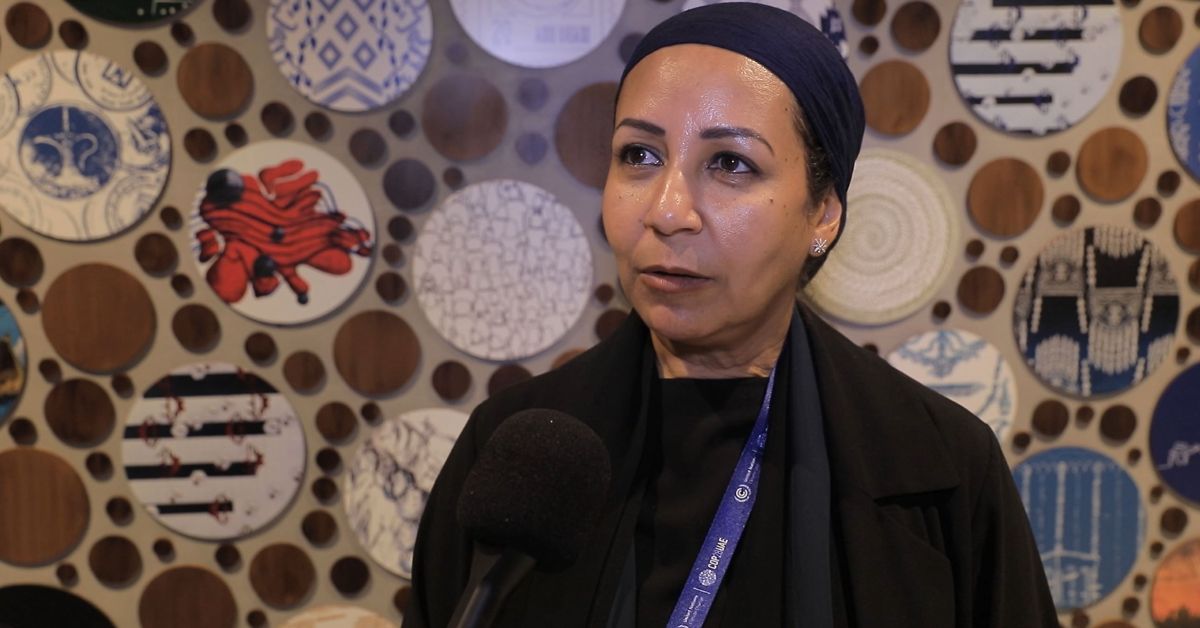DUBAI – There was a 7 percent increase in green skills among the youth in the United Arab Emirates from 2022 to 2023, said Safaa El Tayeb El-Kogali, the World Bank’s Country Director for GCC countries. “Green skills,” as defined by UNIDO, encompass the knowledge, abilities, values, and attitudes necessary for fostering a sustainable and resource-efficient society.
The UAE is dedicated to nurturing green skills across various youth domains, specifically emphasizing the safeguarding of the natural environment. This approach aims to inspire their involvement in the green economy, ultimately contributing to the creation of a more sustainable global society.
Speaking on the sidelines of COP28, El-Kogali said that green skills are one of the most important aspects of the global agenda for the green transition. She pointed out that the World Bank announced during COP28 that it devoted 45 percent of its annual financing to climate-related projects, which includes aspects of green skills.
El-Kogali continued, “We will work to create about 135,000 jobs in the field of green transition worldwide, and therefore ensuring that there are sufficient skills and a sustainable supply of skills among youth to fill those jobs will be very vital.”
She said, “We are doing a lot of training on environmental and social management, and we are working with governments and communities to ensure the implementation and adoption of many of these practices.”
El-Kogali added, “I believe that it is important to have sufficient information for people to know where the jobs are. Therefore, the challenge is to create information management systems in countries so that young people can access information about job locations. It is also important to establish partnerships with universities and institutions that actually provide these skills.” She explained that it is essential to hold companies accountable, not only for providing green jobs, but also for retraining their employees to find opportunities in the field of training. “This ensures that these skills are available and growing as the economy moves toward a green transition,” she said. (WAM)

